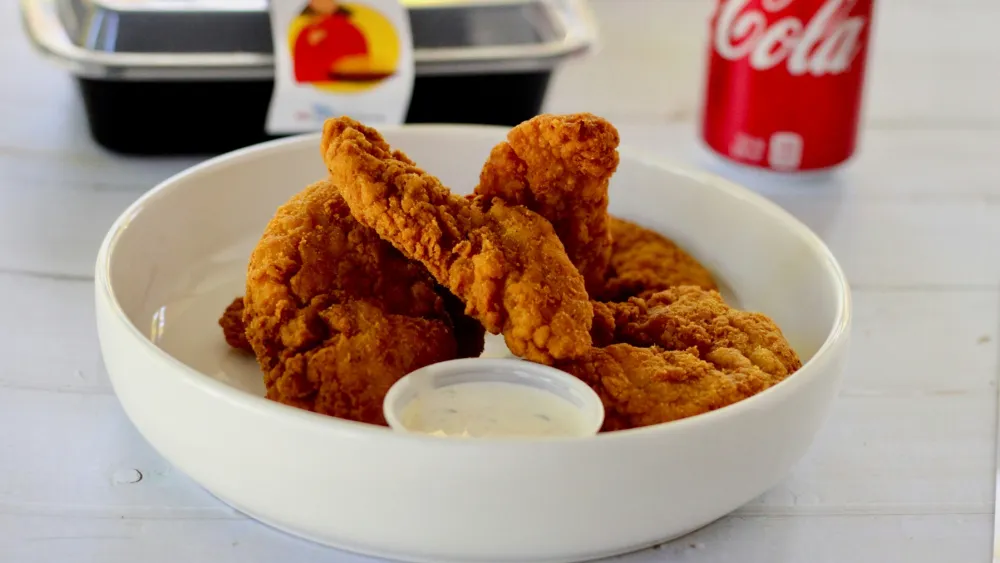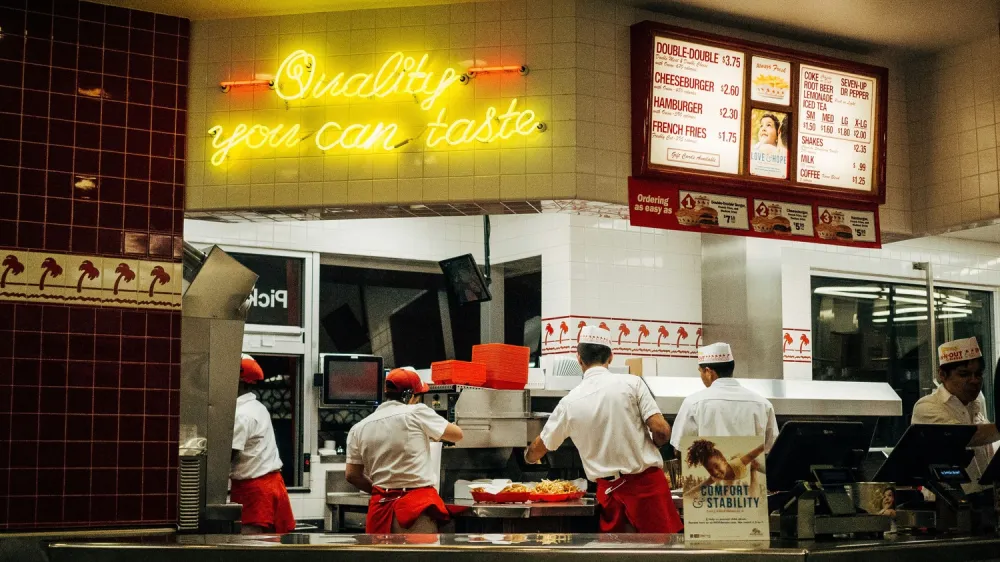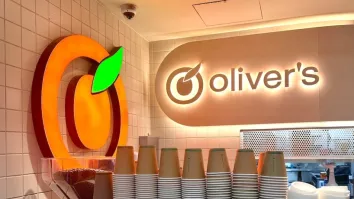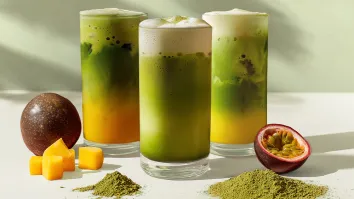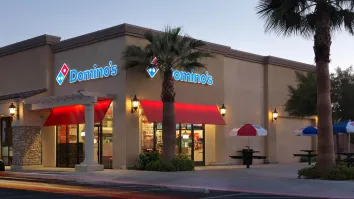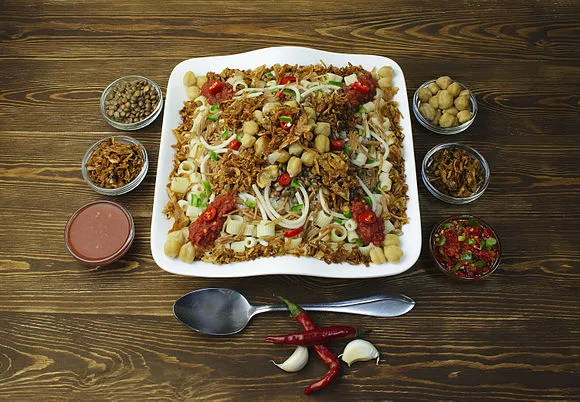
Home cooking start ups have potential, with caveats, says Euromonitor
The emergence of food apps where local people will cook for you is a sign of how far consumer trends have come, according to Euromonitor.
Commenting on this story about the rise of home cooking startups, Elizabeth Friend, Senior Foodservice Analyst, Euromonitor International, said, "There’s a lot of potential for home cooking startups in cities in Australia, the US, and really any highly developed market—with a few key caveats."
"The fact that these companies exist at all right now says a lot about how far a few particular consumer trends have come. First, the general idea of food delivery as an integral part of the foodservice sphere is only becoming stronger. Consumers have really opened their minds as to what it means to dine out, and they’re willing to accept all sorts of innovative new service models (Grubhub > DoorDash > UberEats > Blue Apron > home cooking on demand?) that might have seemed completely off-base just a few years ago. In addition to this, the emergence of the sharing economy—or the idea of borrowing cars, homes or even clothes from strangers—has made us more open-minded to the idea of crossing boundaries we wouldn’t have considered previously either."
"There’s also a really interesting component from the seller-side perspective, in that people can now monetise a lot of their skills and possessions through these services, in a way that’s really appealing amidst current macroeconomic conditions in many markets. There are a lot of people who are looking to make some money on the side in a way that offers more flexibility than a standard part-time job, and many of these sharing services do just that."
"So, within that context, these home cooking startups are a somewhat natural extension of all of these trends. In many ways, we’ve been experimenting so much with the restaurant model that it was almost an inevitable conclusion that we would eventually get to the point of skipping the restaurant entirely. If what we really want is high quality food on demand—or essentially, an alternative to cooking for ourselves-- there are a lot of ways we can get that, and we’re going to see a lot more services exploring this idea before this trend completes its cycle."
"However, it’s important not to overstate the potential here, as there are some real hurdles that will likely keep this from being much more than a niche service, at least in the near-term. First, it seems unlikely in the early stages that these startups can offer the kind of immediate availability that consumers want. A key component of a true “Uber for fast food” would be the ability to click a button at any time, and have your home-cooked food almost immediately. From the examples I’ve seen so far in the United States, this isn’t yet possible. Second, while there are lots of people who will see the idea of eating their neighbour’s cooking as a benefit, there will still be significant groups who find the idea to be a little off-putting. Much of the on-demand economy has been driven by a desire to pare purchases down to the minimum investment in terms of time, energy, and social engagement, so introducing a very human component back into the equation will be a relief for some but a deterrent for others."
"And finally, there’s a very real question of regulation, and whether these apps will be allowed to operate in many markets simply due to health and safety oversight. As these services become more popular, the question will eventually be raised as to how these home chefs should be regulated—are their kitchens essentially restaurants, and should they be held to the same standards? Or, are these transactions simply private deals between neighbours—facilitated by a business—that should be free to operate without interference? Different markets are likely to reach different conclusions about this, so that will go a long way to determining the potential opportunity in various countries as well."
